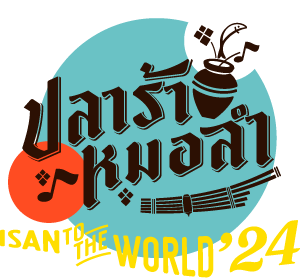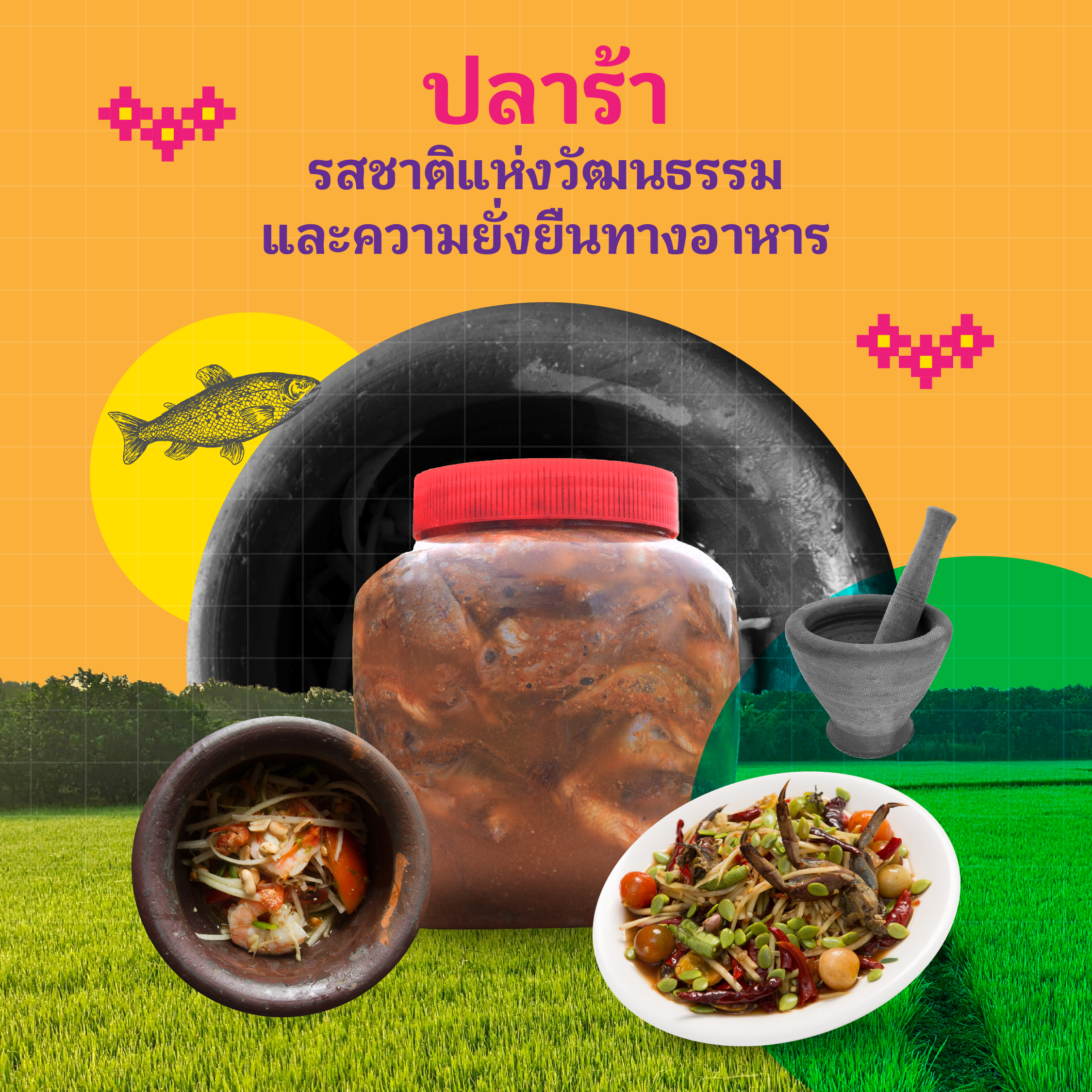Fermentation and pickling have been methods of food preservation for thousands of years in cultures around the world, especially in Thailand’s Isan region, home to plara, a famous and beloved local delicacy. The fermentation process of plara not only preserves its unique flavor but also reflects economic possibilities, sustainability, and environmental stewardship embedded in Isan’s way of life.
The fermentation process is closely aligned with nature, utilizing microorganisms and natural methods to extend the shelf life of food. Local ingredients like fish and salt, which are readily available in the area, make the process environmentally friendly as it reduces reliance on external resources. This, in turn, helps lower greenhouse gas emissions and energy consumption during production, minimizing environmental impacts.
Fermented foods like plara are not only a staple of the Isan lifestyle but also a sustainable source of income for local communities. The production of plara operates as a small-scale industry, allowing community members to participate, creating jobs and distributing income to various groups such as fishermen, farmers, and local vendors. Furthermore, the export of plara to other countries helps share Isan culture with the world.
We must acknowledge the importance of sustainability and cultural preservation, especially in a world facing climate change challenges. Fermentation is an example of resource conservation and food waste reduction. The fermentation of plara uses fewer resources, produces less waste, and results in a long-lasting product. The ability to preserve valuable food aligns with the concept of sustainable development.
Positive Impacts on the Future
Reviving and promoting fermentation in Isan culture is not only about preserving traditional practices but also about fostering sustainability through efficient resource use. In a future where green economic development and carbon reduction are crucial, fermentation processes offer a strong link between traditional lifestyles and environmental care. Passing on the knowledge of fermentation to future generations enhances food security and contributes to creating a sustainable food system.
Impact of Fermentation Toward a Regenerative Future
As the significance of fermentation in Isan culture and its positive impact on sustainability harmoniously align, the PlaraMorlam Isan to the World event will host a panel discussion with experts in food fermentation, sustainable agriculture, and researchers. They will exchange ideas on the fermentation of plara and other fermented products worldwide, focusing on fermentation’s key role in regenerating natural resources, building strong local economies, and supporting eco-friendly lifestyles. This platform will highlight that fermentation not only preserves local wisdom but also holds the potential to be a key factor in a future where nature is restored, linking Isan culture to the global stage.
Join the discussion on December 28, 2024, from 1:00 PM to 2:00 PM at Kaenkaew Live House, 28th floor, Ad Lib Hotel, Khon Kaen.
Panelists:
- Marc Buckley, RegenASIA
- Chef Walter el Nagar from Switzerland
Moderated by: - Dr. Sirikul Laukaikul from SB Thailand





